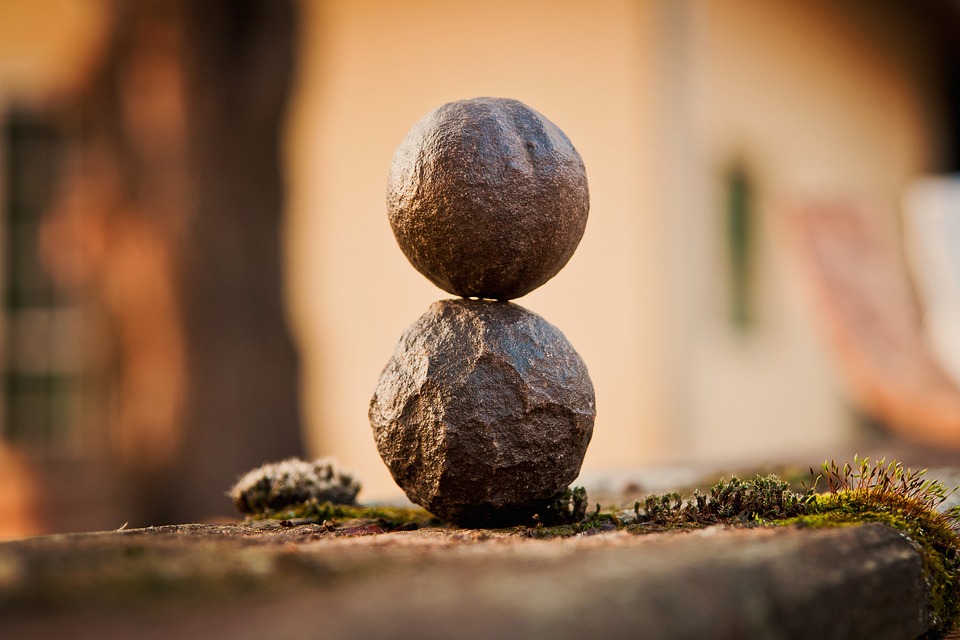 Hopefully, you found time this weekend to relax, have some fun, spend time doing something you love, and re-energize before this week started.
Hopefully, you found time this weekend to relax, have some fun, spend time doing something you love, and re-energize before this week started.
I talk about the importance of relaxation often on this blog, because I think it is critical to leaders’ success, especially new leaders who likely are feeling a totally different set of pressures than their more tenured colleagues.
While some fellow experts may disagree with the concept of work-life balance, I think it is critical for productivity, creative thinking and, perhaps most important … happiness.
Here are three things I’ve found to be true when it comes to work-life balance:
Judgment gets in the way
One work-life balance challenge is that most people feel guilty or judged for everything. Many live in a land of “should.” You should do that next report, make one more call, read that new book. At the same time, you should be home. You should spend time with your spouse, friends, kids, etc. The judgment doesn’t stop there; it extends, real or imagined, to others in your life. Colleagues wonder when you will get something done, while people in the rest of your life wonder when you will be home. All these judgments, internal and external, real and imagined, get in the way of finding the balance you seek.
Work-life balance isn’t static
One mistake is thinking you can find work-life balance like it’s a “thing” or a “place.” You find a book or a new couch. You reach a destination. Work-life balance isn’t that tangible or permanent, which means it’s variable. Like balancing a scale, your time and focus will necessarily shift more heavily one way, then the other, based on situations and circumstances. To assume you can reach a balanced spot for more than a short time is folly.
There is no perfect
Your balance isn’t static, and it isn’t perfect. When you consider work-life balance to be a journey, you will take a healthy approach to it. While judgment gets in the way, so does comparison. People often look at others who appear to have the “ideal” balance and try to emulate them. That is also a mistake because your balance must be based on your values and needs. You won’t reach your perfect balance by emulating someone else.
So how to do you find that right balance? Start here:
- Focus on values. The things you value most should, over time, occupy most of your time, thought and energy. Once you are clear on your values, you can plan what you will do and how to spend your time. When you do that, your ability to understand your perfect balance will be clearer and easier to achieve.
- Be present. Balance isn’t about a raw number of hours. It’s about being present where you are at all times. When you are home, are you on your laptop or are you communicating with and interacting with those you care about? When you are at work, are you focused on your work or checking social media? A big part of balance is being present, in real time, in each situation. Not only will that help you be more balanced, it will allow you to be more satisfied with all the moments of your life.
- Eliminate unnecessary activities. One practical way to find more balance is to take things out of your calendar that aren’t important or necessary. As you get more ruthless with your calendar, you gain more time back that can be devoted to any portion of your life you wish. Look closely at your calendar and eliminate what you can, to give more time to your priorities.
- Get feedback. One way to stay on the journey is to ask people in your life how they think you are doing on your work-life balance. Their perspective, especially the most important people in your life, will be valuable to help you from getting too far off track one direction or another.
This article won’t solve all of your balance problems, but hopefully gives you ideas and food for thought as you continue on your personal path to your perfect balance. Subscribe to our Bud to Boss FAQ series to get more answers to questions facing new leaders.
Leave a Reply